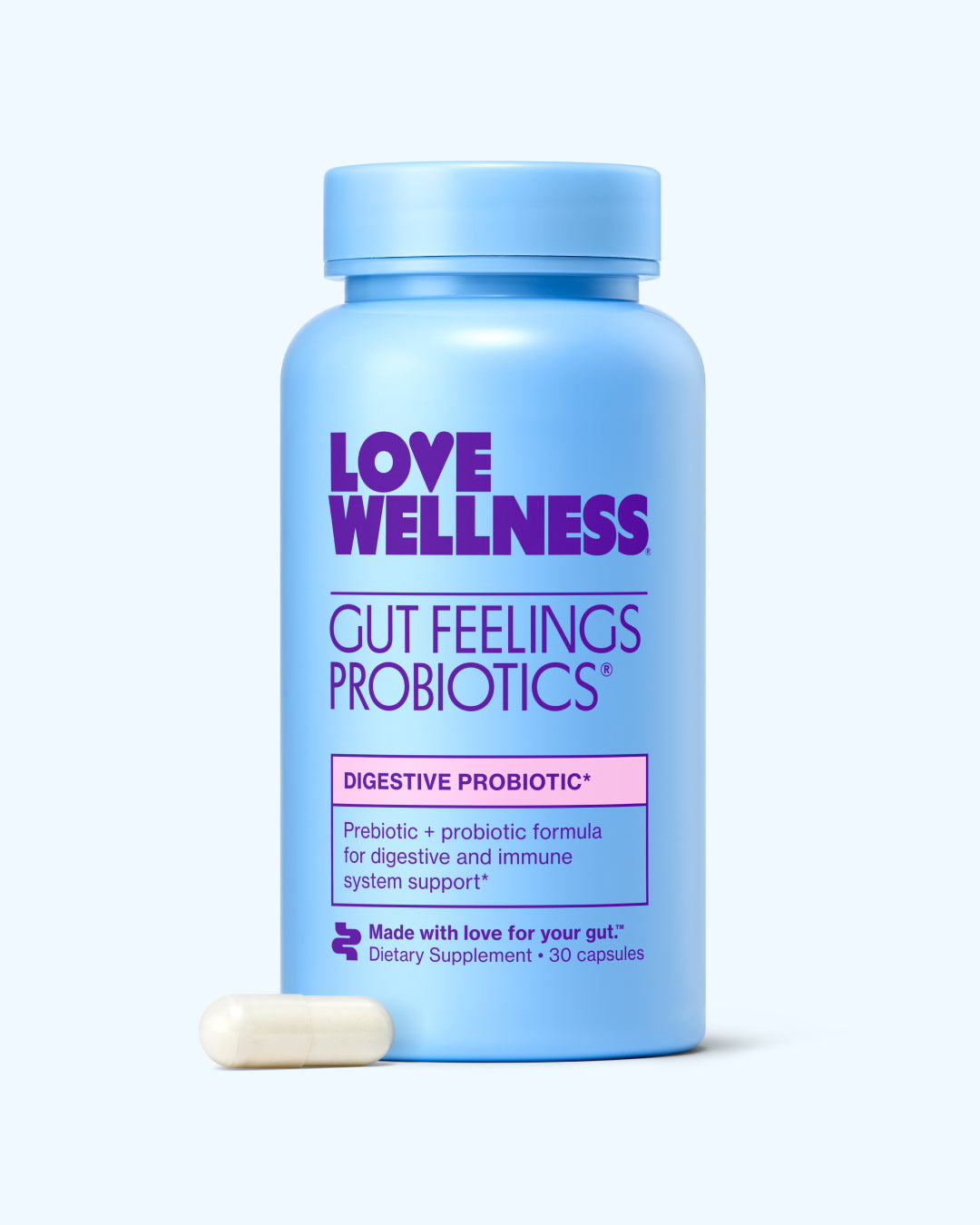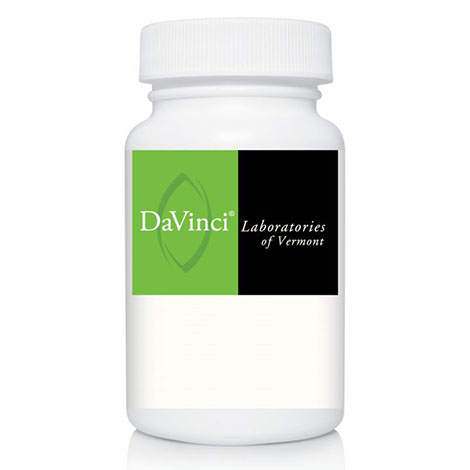Explore the Top-Rated Gut Health Supplement for Long-Term Digestive Health
Explore the Top-Rated Gut Health Supplement for Long-Term Digestive Health
Blog Article
Discover the Trick to Food Digestion and Resistance With Intestine Wellness Support

Comprehending Digestive Tract Wellness
Comprehending digestive tract health is critical for overall well-being, as it plays a considerable role in food digestion, immunity, and also psychological health. The digestive tract, comprising the intestinal system, is in charge of breaking down food, absorbing nutrients, and expelling waste. A well balanced gut atmosphere guarantees reliable food digestion, enabling the body to utilize nutrients efficiently.
In addition, gut health dramatically influences the body immune system. The intestine houses a substantial part of the body's immune cells, and a healthy intestine can aid ward off microorganisms and decrease swelling. Disruptions in digestive tract wellness can lead to an over active immune reaction, possibly adding to autoimmune conditions and allergies.
Furthermore, the digestive tract is commonly referred to as the "second brain" due to the gut-brain axis, an intricate communication network linking the brain and the digestive tract. This link affects mood, cognition, and psychological well-being. Problems such as dysbiosis, identified by a discrepancy in gut bacteria, have been related to psychological health conditions, consisting of stress and anxiety and clinical depression.
The Digestive Tract Microbiome Explained

The digestive tract microbiome, a varied neighborhood of microbes living in the stomach tract, plays a pivotal role in keeping digestion wellness and general wellness. Comprising trillions of microorganisms, infections, fungi, and various other microorganisms, this complex ecological community aids in the food digestion of food, the synthesis of important nutrients, and the policy of metabolic procedures.
Each individual's gut microbiome is special, influenced by factors such as diet plan, lifestyle, genes, and environmental direct exposures. A balanced microbiome sustains optimal food digestion by damaging down complex carbs, producing short-chain fatty acids, and helping with the absorption of nutrients. Alternatively, a discrepancy, usually referred to as dysbiosis, can bring about gastrointestinal conditions, consisting of cranky digestive tract syndrome (IBS) and inflammatory bowel condition (IBD)
Research has actually demonstrated that a diverse microbiome is related to better health and wellness end results, underscoring the value of dietary choices in supporting these microbes. Foods rich in fiber, probiotics, and prebiotics, such as fruits, vegetables, and fermented items, can advertise a healthy microbiome. Comprehending the intestine microbiome is essential for establishing targeted treatments focused click here for more on improving digestion wellness and preventing intestinal illness.

Connection In Between Digestion and Resistance
A durable connection exists in between food digestion and immunity, highlighting the crucial function of the intestine in maintaining total health. The intestinal system is home to trillions of microorganisms that develop the gut microbiome, which considerably affects both immune feedbacks and digestive processes. This complex ecosystem aids in breaking down food, soaking up nutrients, and providing vital metabolites that sustain immune feature.
When food digestion is reliable, the digestive tract barrier remains undamaged, stopping harmful virus from getting in the bloodstream. Approximately 70% of the immune system stays in the gut-associated lymphoid cells (GALT), which communicates closely with the gut microbiome.
Tips for Sustaining Intestine Health And Wellness
Sustaining digestive tract health is essential for preserving both digestive performance and a well-functioning immune system. To cultivate optimal digestive tract wellness, think about including several sensible techniques right into your daily routine.
First, focus on hydration. Consuming adequate water supports food digestion and helps preserve the mucosal cellular lining of the intestines. Additionally, normal exercise can improve intestine motility and promote a varied microbiome.
Conscious eating practices are also necessary. Chewing food thoroughly and eating slowly can assist food digestion and avoid overindulging, which might stress the gut. Handling anxiety via strategies such as reflection, yoga exercise, or deep-breathing workouts can positively affect intestine wellness, as stress and anxiety is recognized to disrupt digestive processes.
Incorporating prebiotics and probiotics into your program is one more efficient method. While particular foods will be talked about later, recognizing the importance of these components is crucial. Prebiotics act as food for advantageous gut bacteria, while probiotics present real-time valuable microorganisms.
Last but not least, stay clear of too much use of antibiotics, over here as they can interrupt the balance of gut vegetation. By adhering to these ideas, you can substantially contribute to the upkeep of a healthy and balanced intestine, which is necessary for general health and vigor.
Foods That Promote Digestive Tract Wellness

Fermented foods, such as yogurt, kefir, sauerkraut, and kimchi, are rich in probiotics, which are useful bacteria that support gut plants and enhance digestion. These foods can help recover equilibrium in the gut, particularly after antibiotic usage or digestion disturbances.
Along with fermented options, prebiotic foods, such as garlic, onions, asparagus, and bananas, function as sustenance for these probiotics, advertising their growth and task. These soluble fibers support gut mobility and can minimize issues like constipation.
In addition, integrating high-fiber foods, including entire grains, legumes, vegetables, and fruits, is necessary for preserving a healthy and balanced digestive tract. Fiber aids in routine bowel motions and helps stop digestive problems.
Finally, omega-3 fatty acids discovered in fatty fish, flaxseeds, and walnuts have anti-inflammatory residential or commercial properties that can further sustain gut wellness. Highlighting these foods in your diet regimen can result in a durable digestion system and improved immune feature.
Conclusion
Finally, prioritizing intestine health is crucial for optimizing food digestion and boosting immunity. A balanced gut microbiome, affected by dietary selections and way of life aspects, plays a vital role in nutrient absorption and inflammation reduction. Integrating fermented foods, prebiotics, and high-fiber options, alongside correct hydration and tension monitoring, can considerably promote digestive tract health. By taking on these strategies, individuals can visit this site sustain overall wellness and vigor, unlocking the potential benefits of a well-functioning intestinal system.
Recognizing gut health and wellness is important for general health, as it plays a substantial duty in food digestion, resistance, and even mental health. The gut houses a significant section of the body's immune cells, and a healthy and balanced digestive tract can assist fend off pathogens and reduce swelling.In addition, the digestive tract is typically referred to as the "second brain" due to the gut-brain axis, a complicated communication network linking the intestine and the mind.A durable connection exists between food digestion and immunity, highlighting the important role of the intestine in preserving total health.In verdict, prioritizing gut health and wellness is vital for optimizing food digestion and improving immunity.
Report this page